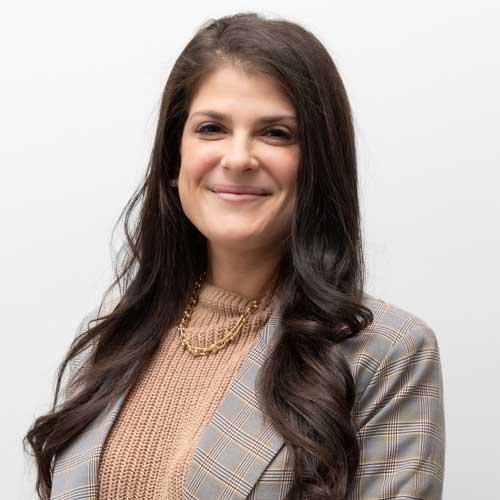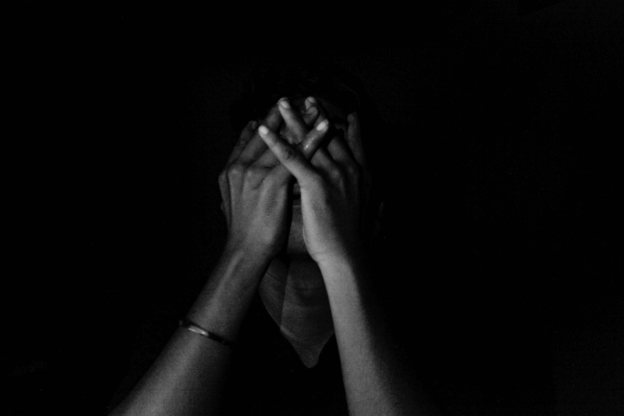In the United States, up to 63.8% of people with an alcohol use disorder (AUD) also battle depression.[1] The co-occurrence of these conditions makes it more difficult to get treatment. Relapses are more likely to occur if both illnesses aren’t treated simultaneously. Our Connecticut addiction treatment center shares more on why these conditions so often appear together or lead to one another.
Alcohol and Depression Rehab: Understanding Depression and Alcohol Use Disorders
To understand why and how these conditions impact one another, it’s important to first get a clear idea of what they are. Depression is a condition that harms your mental health. It involves a depressed mood and loss of interest or pleasure in favorite activities. Depression negatively affects how you think, feel, act, and perceive the world.²
Symptoms of depressed people can include:[2]
- Feelings of worthlessness
- Feelings of excessive guilt
- Feelings of sadness, emptiness, and irritability
- Thoughts of death or suicide
- Decreased energy
- Loss of interest and pleasure in activities
- Changes in sleeping patterns
- Changes in appetite
- Slowed movement and speech or the inability to sit still
- Concentration problems
An alcohol use disorder is a chronic and relapsing condition in which you’re unable to stop drinking despite alcohol having adverse effects on your life. When you binge drink, this behavior can also be classified as an alcohol use disorder. Symptoms of alcohol addiction include:[3]
- Spending a lot of time drinking, thinking about drinking, or recovering from drinking
- Drinking more than you want
- Being unable to stop once you begin
- Giving up favorite activities to drink
- Drinking when it’s dangerous to do so
- Needing to drink more to experience the same effects
- Experiencing withdrawal symptoms
- Trying to stop drinking without success
These two conditions can range in severity individually. When combined, though, each can exacerbate the other.
How Depression and Alcohol Addiction Interact: The Connection Between Alcohol and Depression
People with depression will do everything possible to reduce the disease’s symptoms. That can mean self-medicating with what’s most readily available: alcohol. Although alcohol can initially appear to help with the symptoms, elevating mood and lowering anxiety levels, it causes more harm.
Alcohol lowers norepinephrine levels and serotonin levels, two neurotransmitters that help regulate mood. Lower levels of these chemicals lead to worsening depression symptoms.[4] Alcohol can also impact sleeping patterns, which are typically already malfunctioning in someone who has depression. This, too, causes worsening mental health symptoms.
Depression and alcohol have a bidirectional relationship, however, which means that long-term use of the substance can also lead to the development of depression. Alcohol can cause all manner of structural changes in the brain while affecting the same areas that depression does.
Alcohol floods the brain with dopamine. Over time, the brain adjusts to this surge of feel-good hormones by reducing the number of dopamine receptors or making them less sensitive. At the same time, the brain increases the number of dopamine transporters, which remove excess dopamine.[5]
All of these factors translate into experiencing less pleasure from everything, including alcohol. As a result, you may drink more to elevate your mood, which only causes you to experience even less pleasure. When this occurs, you can develop depression.
Something else that connects these two conditions and makes them likely to occur together is that they have the same risk factors. People who experience trauma or abuse, who have a family history of depression or alcohol use disorders, or who live high-stress lives can develop both depression and an alcohol use disorder.
Depression and Alcohol Recovery: Breaking the Cycle of Addiction and Depression
If you’re struggling with a combination of these conditions, you have a dual diagnosis. Some strategies can help you start healing.
Get Help From Mental Health Professionals for Alcohol and Depression Rehab
These conditions are complex enough to manage on their own. If you’re experiencing them together, you need guidance from a professional. Mental health experts can offer techniques like cognitive-behavioral therapy, which strives to help you understand how your negative thoughts affect your moods and actions.
Mental health professionals can also help you by offering medications for depression. These drugs stabilize chemical levels in the brain so that you can focus on continuing your therapy.
Enter Treatment Programs for Depression and Alcohol Recovery
A dual diagnosis can be challenging to comprehend and manage on your own. With a treatment program that addresses both conditions simultaneously, you have a better chance of healing. Many of these programs offer detox services, too, so that you avoid the most severe alcohol withdrawal symptoms. Seeking alcohol and depression rehab specifically can provide the comprehensive support necessary for recovery.
Try Support Groups for Alcohol and Depression Recovery
There are support groups for people struggling with alcohol use disorders as well as depression. These allow you to see that you are not alone as you face these challenges. Isolation can be a serious concern with mental health concerns as well as addiction, so being able to meet and speak with others who are going through similar circumstances is vital.
Practice Self-Care in Alcohol and Depression Recovery
Depression and alcohol use disorders take a toll on your mind and body. Self-care practices allow you to start healing slowly from the damage the conditions have caused. With that in mind, try to eat healthy meals. To regain strength, you must provide your body with the nutrients it needs.
It’s also a good idea to consider exercising. Even just taking a walk can improve your mood and lower your anxiety and stress levels. If possible, spend some time in nature, too.
Additionally, try to get enough sleep. To heal, your body needs adequate rest. Although depression and dealing with the aftermath of an alcohol addiction can make sleep challenging, it’s best to stick to a regular sleeping schedule. Also, avoid drinking caffeinated beverages and using electronic devices before bed.
Contact a Connecticut Addiction Treatment Center for Alcohol and Depression Rehab
If you’re struggling with a dual diagnosis, choosing a treatment program that can help you address both conditions makes a huge difference. At Connecticut Center for Recovery, we offer outpatient services to help you start your path toward sobriety. Contact our team to learn more about the options available at our Connecticut addiction treatment center, and how depression and alcohol recovery can be successfully managed with the right treatment plan.
Sources:
[1] https://www.ncbi.nlm.nih.gov/pmc/articles/PMC3658562/
[2] https://www.psychiatry.org/patients-families/depression/what-is-depression
[3] https://www.niaaa.nih.gov/publications/brochures-and-fact-sheets/understanding-alcohol-use-disorder
[4] https://www.ncbi.nlm.nih.gov/pmc/articles/PMC2950973/
[5] https://karger.com/nps/article/82/6/319/869806/Dopamine-and-Alcohol-A-Review-of-in-vivo-PET-and

Alexis earned both a B.S. in Psychology and a B.S. in Family and Child Sciences from Florida State University and an M.A. in Marriage and Family Therapy from the University of San Diego. She holds licenses in Marriage and Family Therapy in Florida, Connecticut, and Massachusetts and is also a member of the American Association for Marriage and Family Therapy (AAMFT).
Alexis works with families, couples, children, and groups and also has a sub-specialty in addiction and recovery. She utilizes an integrated, systemic approach to counseling; empowering people to define what is not working for them in their lives and to discover the possibilities for making life work. In doing this, clients are guided towards identifying their strengths, accessing their resources, tapping into their potential for success, and taking action toward achieving their desired goals.
Alexis also has extensive experience in the administration of behavioral health organizations. She has developed, built, and supervised several facilities encompassing all levels of care while leading them through state licensing and The Joint Commission accreditation process.

